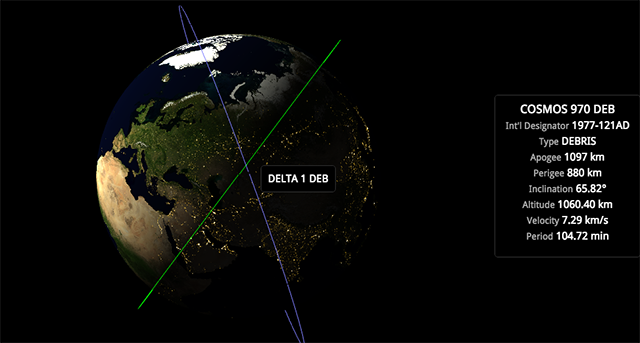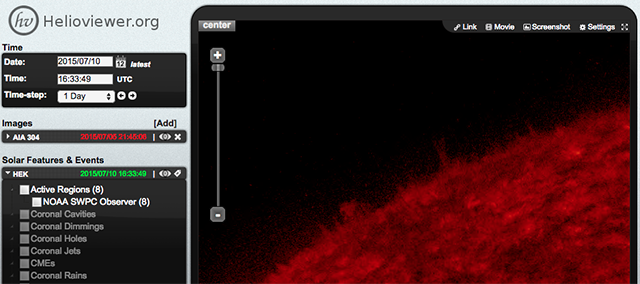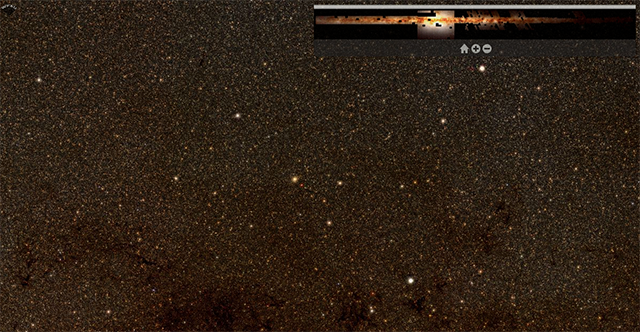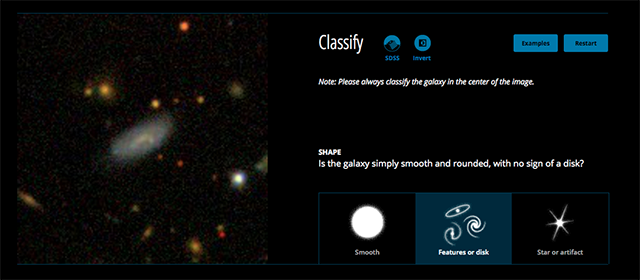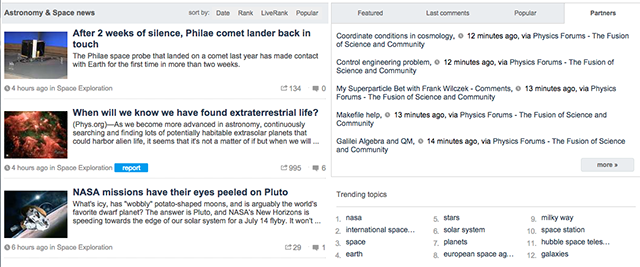Space. The final frontier.
If you love gazing at the stars, and beautiful pictures of galaxies, the Internet has a lot to offer. We've shown you apps for star-gazers before; today we're going to talk about five more websites that let you learn about the universe.
We'll start close to earth and work our way out, okay? Let's get started.
Stuff In Space: Explore Everything Orbiting Earth
Humans aren't quite exploring the galaxy, or otherwise making tech from Star Trek come true, but that doesn't mean we're not doing anything useful in space. We rely on satellites for everything from mobile Internet to GPS, so it's no surprise that there are an awful lot of things orbiting the earth right now.
It's easy to imagine this adds up to a lot of stuff, but Stuff In Space really demonstrates just how many things we've put up there. Click anywhere to see the complete orbital path of a particular artificial satellite, and a bit of information about it. Browsing it won't take long to learn that most of what's up there are debris, which I suppose we might have to clean up at some point. Explore and let me know anything amazing that you discover.
HelioViewer [Broken URL Removed]: Stare Directly at the Sun
The sun is an incomprehensibly large ball of gas constantly undergoing thermonuclear fusion, and without it life would be completely impossible. You're not supposed to look at it directly with your naked eye, but looking at images of it is just plain fascinating.
Again, this is similar to Google Maps in a way: you can zoom in and out or pan to see whatever you want. For a sense of scale: those ripples seen off the edge of the sun in the image above are much, much bigger than the earth.
Milky Way
There are 100 billion stars in our galaxy, a staggering number to contemplate – especially when you consider ours is just one galaxy among 100 billion in the observable universe (which itself might be a tiny percentage of the entire universe – we've no way of knowing).
Anyway, back to the Milky Way: it's hard to imagine just how many stars 100 billion is, but this mosaic of Milky Way images let you explore various images in a manner similar to Google Maps.
Zoom in and pan, then contemplate the immensity of every individual speck of light. It's staggering.
GalaxyZoo: Help Astronomers Classify Galaxies
So yeah, our galaxy is huge, but even more staggering are the billions of galaxies out there in the blackness beyond ours. There are so many that astronomers haven't even looked at them all yet – which is where you come in.
GalaxyZoo is a Zooniverse project where you can help scientists. You'll see an image of a galaxy and help to classify it.
This is a small way in which anyone can help advance the scientific frontier, so if you've got some down time and a willingness to help out you should check this out. The big perk: you'll likely be looking at a few galaxies no other human has seen before.
Of course, if you don't have a lot of spare time you can donate your CPU time to science instead.
Phys.org Space: Read the Latest Astronomy News
Pictures are great, but if you really want to learn what's going on in astronomy research you're going to have to dive a little deeper. Phys.org is one of the best science news sites on the web, making their space and astronomy section a perfect destination for anyone who wants to learn more about the stars.
How Do You Explore the Universe?
Are you an astronomer lover? Do you use space pictures as your Android's wallpaper, or view and download space images? Which sites do you prefer?
Oh, and if you haven't yet, be sure to check out Crash Course, the best educational channel on YouTube. Their astronomy series is fantastic.
Cool Websites and Apps aims to bring you five things never before covered on MakeUseOf, despite our tens of thousands of articles, but there's always a chance there's something you know about that we missed before. Let's chat in the comments below!


